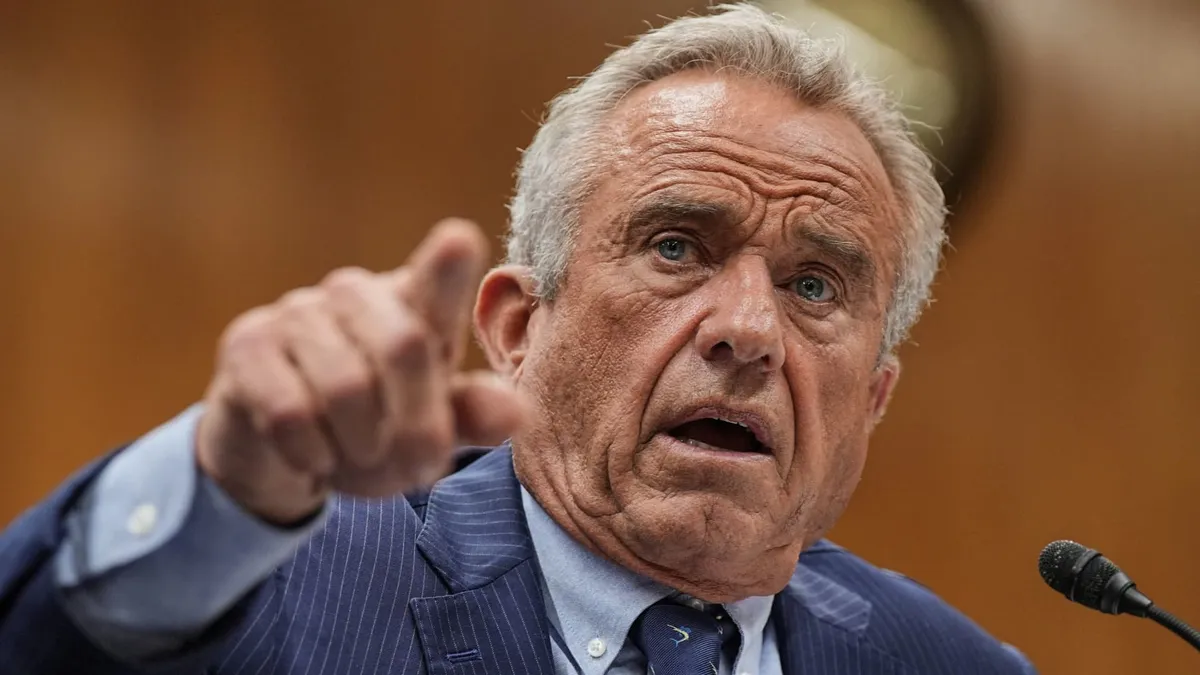
On Monday, Health and Human Services Secretary Robert F. Kennedy Jr. shocked the public by announcing the retirement of all 17 members of the crucial government panel known as the Advisory Committee on Immunization Practices (ACIP). This bold move has raised concerns about the potential to sow doubts regarding vaccinations in the United States. In an opinion piece published in the Wall Street Journal, Kennedy emphasized the need for a "clean sweep" to restore public confidence in vaccine science.
The Advisory Committee on Immunization Practices plays a vital role in advising the Centers for Disease Control and Prevention (CDC). This independent group of medical and public health experts reviews extensive vaccine data and makes recommendations that determine eligibility for vaccinations and whether insurers should cover them. These recommendations are critical as they influence national vaccination policies, but they require the CDC director's approval to become official.
The recent overhaul of ACIP is the latest action taken by Kennedy, a well-known vaccine skeptic, since he assumed leadership of HHS. Under his administration, HHS has ceased recommending routine Covid-19 vaccines for healthy children and pregnant women, and has even canceled programs aimed at discovering new vaccines to prevent future pandemics. Kennedy stated that the restoration of public trust would take precedence over any pro- or antivaccine agendas.
Kennedy further noted that many current ACIP members were appointed by the Biden administration. He argued that without removing these advisors, the Trump administration would not have been able to appoint a majority of new members until 2028. He criticized the panel for being plagued with conflicts of interest, claiming it has become little more than a “rubber stamp” for vaccines. However, it should be noted that all HHS agencies and their advisory panels have maintained rigorous conflict-of-interest policies, and there have been no reported issues for years.
Just days before Kennedy's announcement, Dr. Lakshmi Panagiotakopoulos, a pediatric infectious disease expert, resigned as co-leader of ACIP. She cited her belief that she could no longer effectively advocate for the most vulnerable members of the U.S. population. Late last month, Kennedy's decision to stop recommending routine Covid-19 vaccines sparked outrage among the scientific and medical community, raising alarms about the direction of public health policy.
Health policy experts have expressed concerns that a shake-up of the advisory committee could lead to politicized recommendations, which may emphasize the potential harms of vaccines rather than their benefits. Such changes could further erode trust in the CDC and the broader public health landscape, impacting the relationship between scientists, public health experts, and the Trump administration.
The future of the ACIP and its impact on vaccination policies in the U.S. remains uncertain. As Kennedy moves forward with appointing new committee members, the potential consequences of this overhaul on public trust in vaccines and health authorities will be closely monitored. The ongoing debate around vaccination, especially in light of recent policy changes, highlights the critical need for transparent and science-based decision-making in public health.